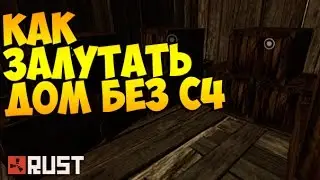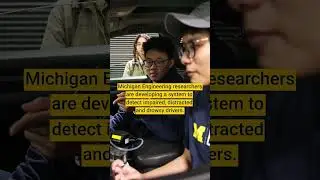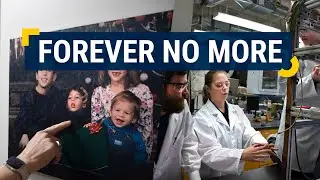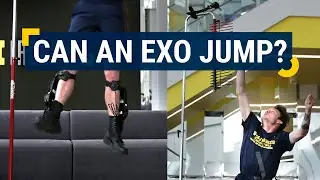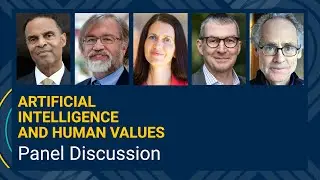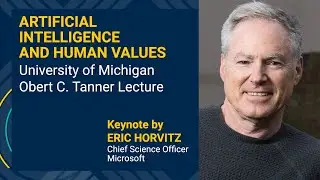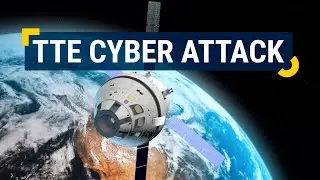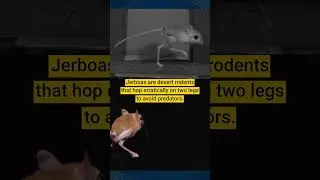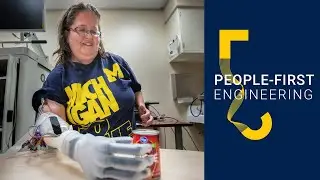Lie Detecting Software
By studying videos from high-stakes court cases, University of Michigan researchers are building unique lie-detecting software based on real-world data.
Their prototype considers both the speaker's words and gestures, and unlike a polygraph, it doesn't need to touch the subject in order to work. In experiments, it was up to 75 percent accurate in identifying who was being deceptive (as defined by trial outcomes), compared with humans' scores of just above 50 percent. The system might one day be a helpful tool for security agents, juries and even mental health professionals.
About the Professors:
Rada Mihalcea, professor of computer science and engineering, leads the Language and Information Technologies group (LIT@UNT). Her research interests are in Natural Language Processing, Machine Learning, and Information Retrieval. She is currently working on lexical semantics and graph-based algorithms for natural language processing.
Mihai Burzo, assistant professor of mechanical engineering at UM-Flint received his Ph.D. from Southern Methodist University, Dallas, TX. in 2001. His current research interests are infrared thermal imaging, thermal comfort and air diffuser design.
The research team also includes research fellows Veronica Perez-Rosas and Mohamed Abouelenien. A paper on the findings titled "Deception Detection using Real-life Trial Data" was presented at the International Conference on Multimodal Interaction and is published in the 2015 conference proceedings. The work was funded by the National Science Foundation, John Templeton Foundation and Defense Advanced Research Projects Agency.







